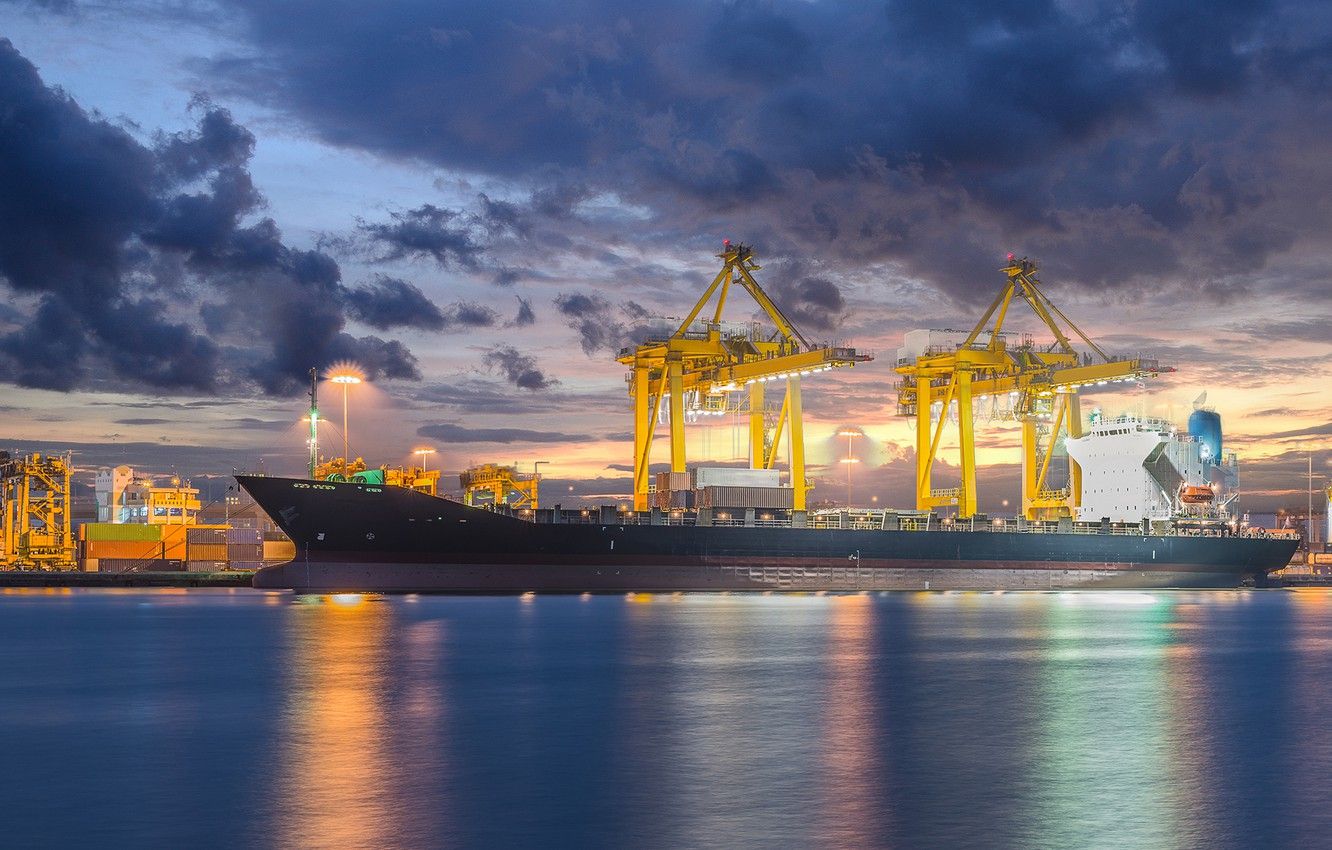
Anna Lunde Hermansson: “This is a low-hanging fruit where we can reduce our negative impact on the vital marine environment.” [Photograph: Chalmers University of Technology | Amanda Nylund]
The pressure for a Baltic wide ban on the discharge of wash water from ships’ exhaust gas cleaning systems, or scrubbers, is growing. And advocates of the Baltic ban have hopes that it could snowball into wider international action at the IMO.
Denmark will ban scrubber water discharges
As we reported recently, from July 1, 2025, the discharge of exhaust gas scrubber water from ships will be prohibited in waters up to 22 kilometers (about 12 nautical miles) off the Danish coast. In announcing that ban, the Danish authorities said that Denmark will work for a similar ban in the Baltic Sea and North Sea through the regional sea conventions HELCOM and OSPAR with a view to regulation under the auspices of the IMO.
Now researchers at Sweden’s Chalmers University of Technology, have released a study said to show that scrubber water discharges into the Baltic caused pollution corresponding to socio-economic costs of more than EUR 680 million between 2014 and 2022.
The new study follows an earlier Chalmers study that indicated that more than 200 million cubic meters of scrubber water is discharged into the Baltic Sea annually and that scrubber discharge water accounts for up to 9% of the total emissions of certain carcinogenic polycyclic aromatic hydrocarbons (PAHs) into the Baltic Sea.
In the new study, the Chalmers researchers calculated both the external costs of scrubber water discharge, and the financial balance sheets of over 3,800 vessels that invested in the scrubber technology. They say that their estimate of EUR 680 million in scrubber water discharge pollution cost should be regarded as an underestimate.
“For example, direct costs associated with heavy fuel oil spills from ships using scrubbers are not included,” says Chalmers. “The multi-million euro sum that it costs to clean up heavy fuel oil after ships have grounded and leak oil, for example Marco Polo on the Swedish coast of Blekinge last autumn, are not included in the calculations.”
The researchers also calculated the costs of installing and maintaining the scrubber systems and the financial gain from running scrubber-equipped vessels on heavy fuel oil instead of the more expensive low-sulfur fuel alternatives. According to their calculations, the majority of the shipping companies that invested in scrubbers have already reached break even, and the total surplus by the end of 2022 for all of the 3,800 vessels, was EUR 4.7 billion. The researchers also estimate that more than 95% of the most common, open loop, scrubber systems are repaid within five years.
The study also shows that scrubbers have been good for shipowners’ bottom lines, if not for the environment.
“From the industry’s point of view, it is often stressed that shipping companies have acted in good faith by investing in technology that would solve the problem of sulphur content in air emissions and that they should not be penalized,” said Chalmers doctoral student Anna Lunde Hermansson, one of the authors of the new study. “Our calculations show that most investments have already been recouped and that this is no longer a valid argument.”
In Sweden, there is currently no general ban, although some ports, such as the Port of Gothenburg, have banned the discharge of scrubber water in their area.
“We now hope that the issue will also be given priority in the Swedish Parliament. This is a low-hanging fruit where we can reduce our negative impact on the vital marine environment,” said Lunde Hermansson.
The article “Strong economic incentives of ship scrubbers promoting pollution” has been published in Nature Sustainability.
The research was funded by the Swedish Agency for Marine and Water Management, the Swedish Transport Administration and the EU’s Horizon 2020.
With a Baltic-wide ban gaining momentum, the relatively small percentage of ship owners who have invested in hybrid scrubbers, capable of both open loop and closed loop operation, may have made a smart decision. Meantime, scrubbers are increasingly seen as a path to onboard carbon capture.
Read the new Chalmers study HERE





